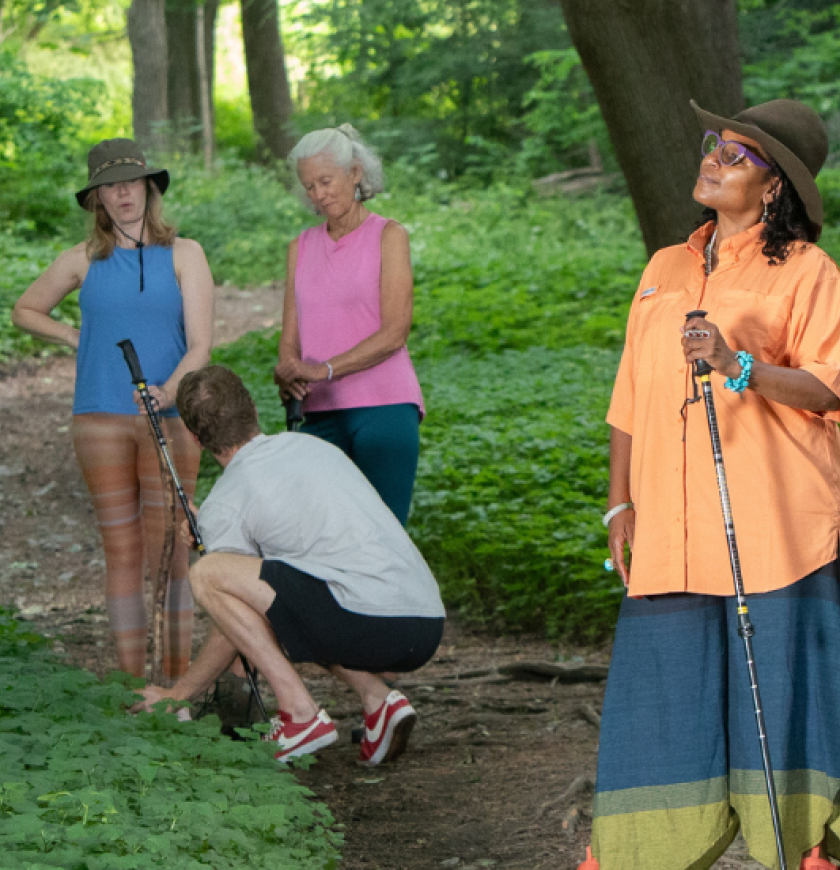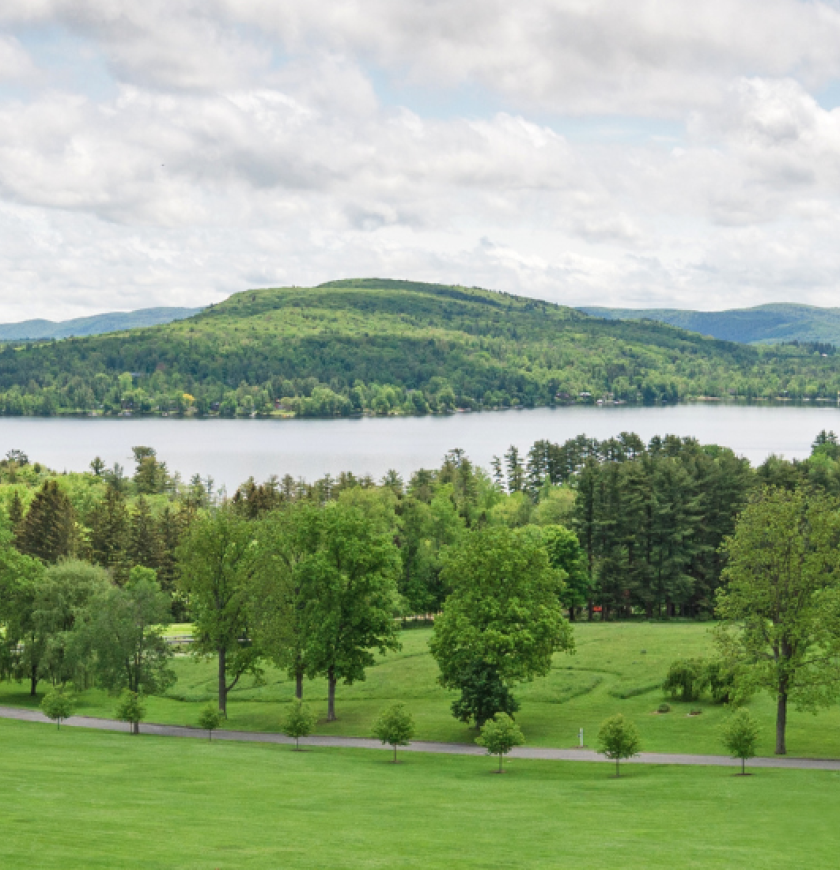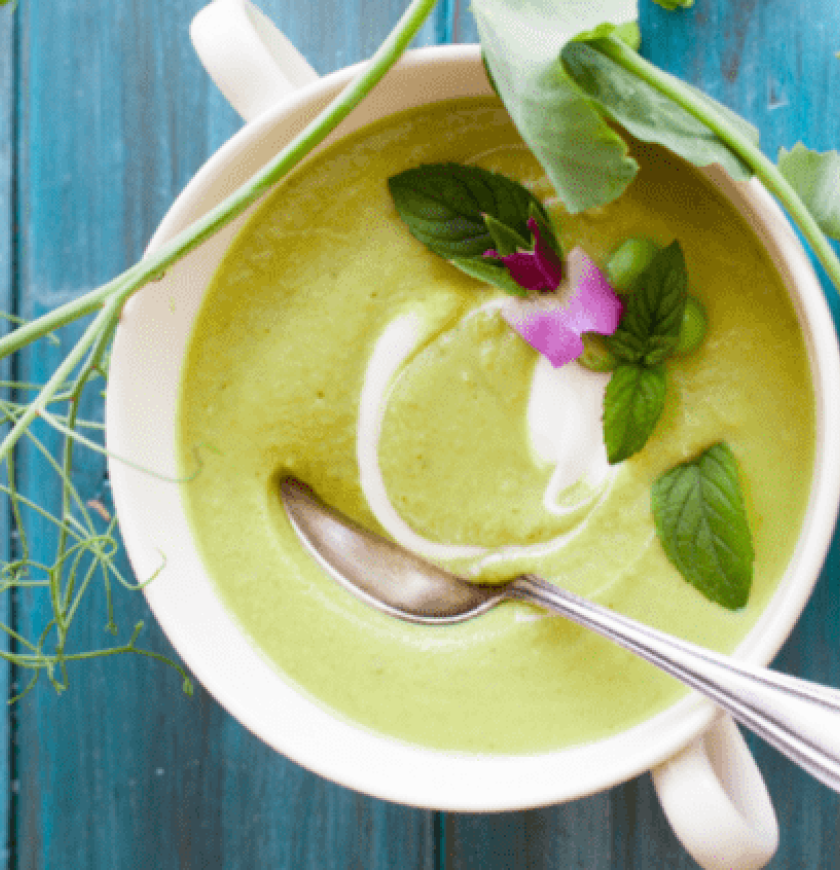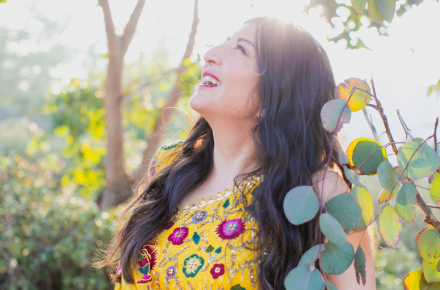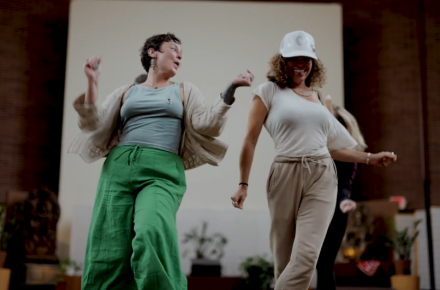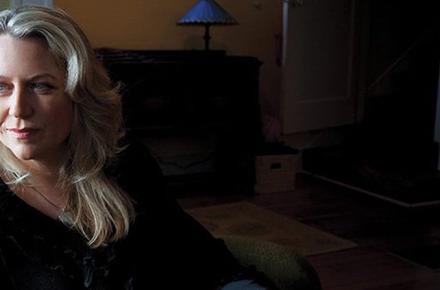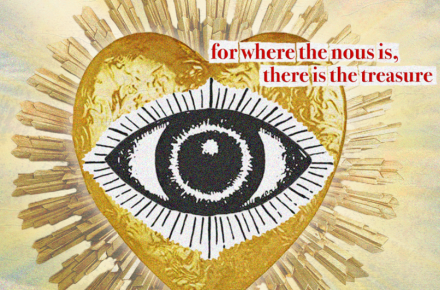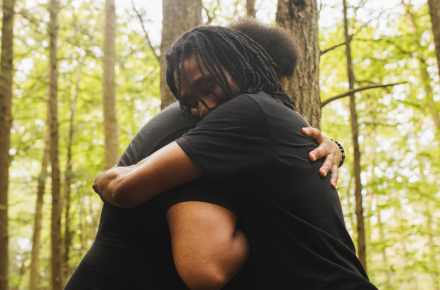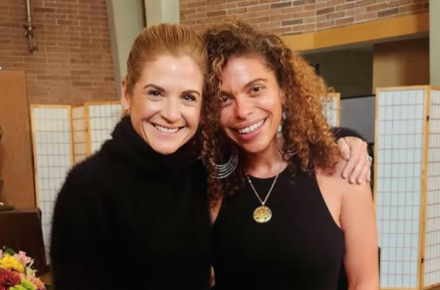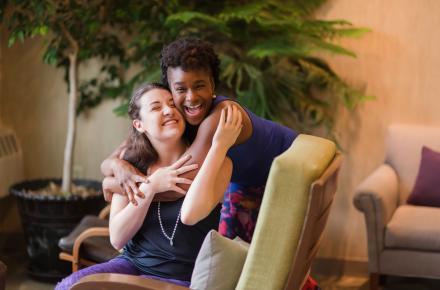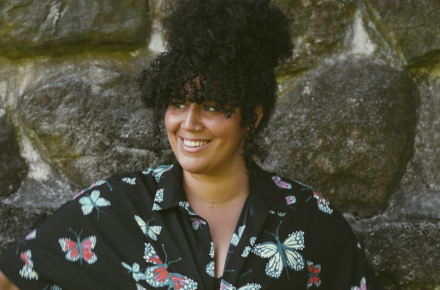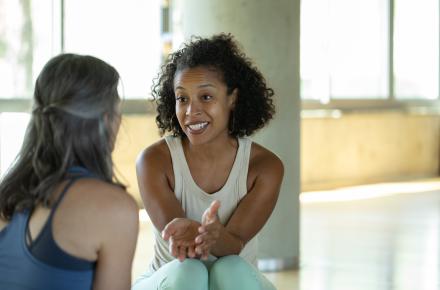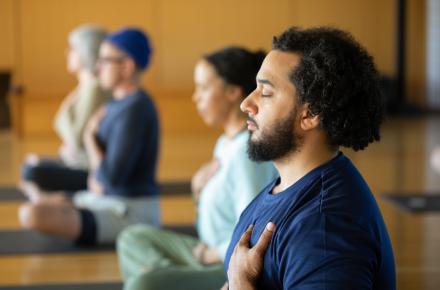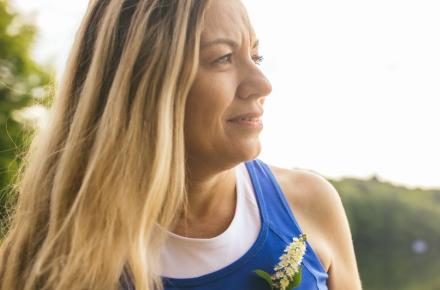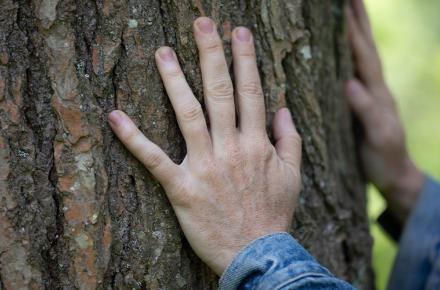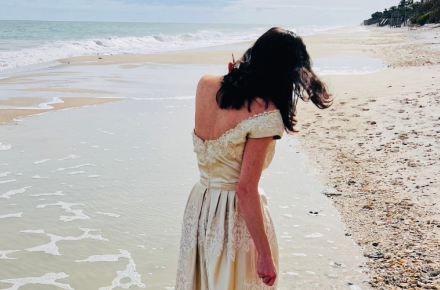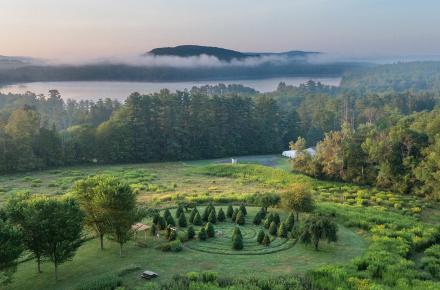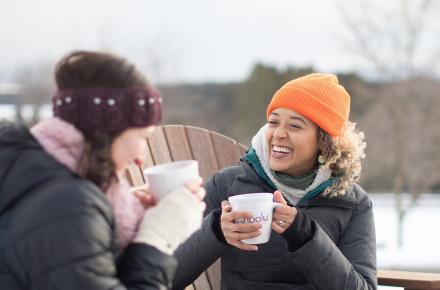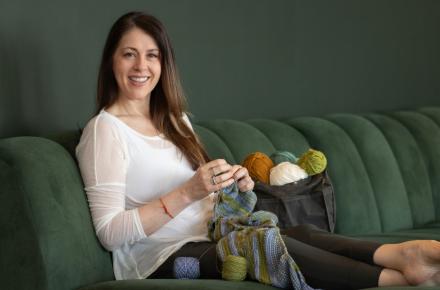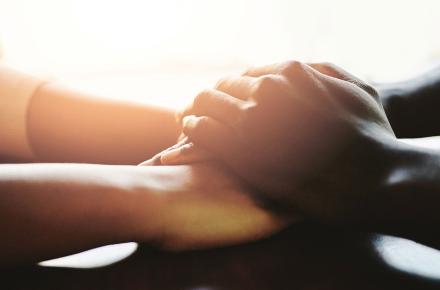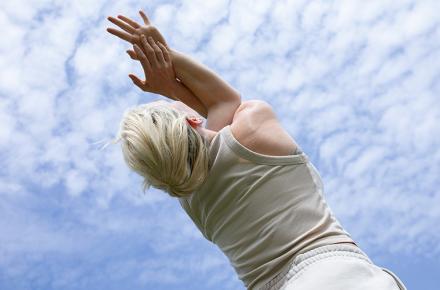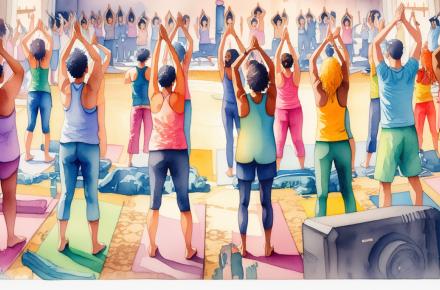Singing Together, Just for the Joy of It
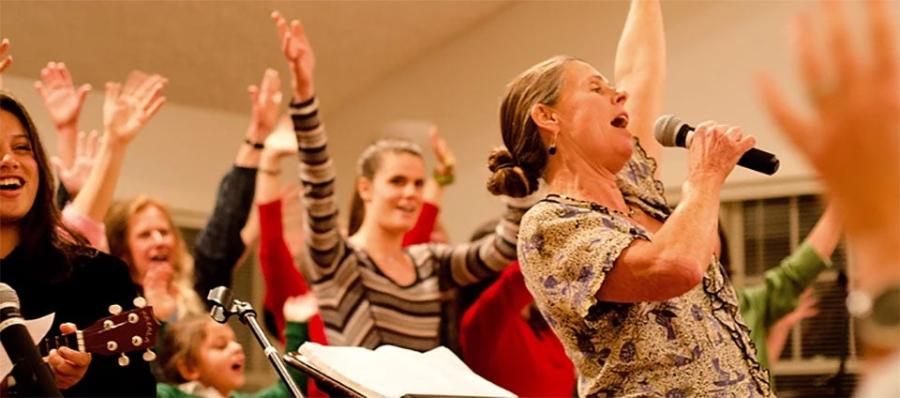
Singing is something we can all do—if you can talk, you can sing. I have shared singing in community with so many people over the years who are surprised that, when they sing with a group, they can actually sound good! So many have been told when they were children that they couldn’t sing. It turns out that, if we are invited to sing and can let go of the outcome, expressing what is in our hearts becomes the most important thing.When we do that all together, it is very powerful.
A growing body of scientific and experiential evidence suggests that singing as a part of a group can bring positive health benefits for both the mind and body of the individual singers, and that singing as a community can actually improve the health of an organization. As reported in Time magazine, “Group singing has been scientifically proven to lower stress, relieve anxiety, and elevate endorphins … It is cheaper than therapy, healthier than drinking and certainly more fun than working out.”
It only makes sense. Feeling uplifted as individuals will affect any group that we are part of, and feeling connected as a group will help us as individuals. There has also been much discussion lately of what is being called an “epidemic of loneliness.” Feelings of loneliness can have a serious impact on our physical health. Singing in community can help connect us.
The Song Exchange Project grew out of reflecting on what kind of work I could do that would make me truly happy, and also make a contribution to others. A thought jumped immediately to mind—the work would involve traveling to cultures other than my own, teaching the songs I have learned over the years, and gathering new ones to teach once I returned home. I would connect with others through the medium of song.
In my mind, I named this work the Song Exchange Project, and didn't think about it again until a few years later, when I was invited to teach at Daraja Academy in Kenya in 2014. I had an extraordinary experience there, and the following year I was invited on a trip to Haiti, where I taught and gathered songs at an orphanage and a community center. I realized I was living my Song Exchange Project! Since then, I have traveled to South Africa, Zambia, Italy, and Germany, and have returned to Kenya five times. Wherever I go, I connect with people through local schools, churches, and community centers. I teach the songs I know and learn new ones. I also work on the Song Exchange Project in the United States, learning songs from visitors from other cultures and from other song leaders.
I teach songs from many places and traditions around the world, as well as original songs composed by contemporary composers—but the songs based in an Afrocentric world view hold a special place for me. I have been studying African music for more than 40 years. My first exposure was when I was invited by my African-American mentor and teacher in Dartmouth College’s music department to help create a West African drumming ensemble under the tutelage of master drummer from Ghana, Abraham Adzenyah. It changed my life. I fell in love with the way drumming ensembles work, how everyone participates in making the whole, how the group functions to create something larger than the individual parts.
After leaving college, I continued to study percussion on my own and then found a new group to play with when I moved to Martha’s Vineyard in 1989. My first important teacher was, and continues to be, Ysaye Barnwell, who led Sweet Honey in the Rock for many years. Ysaye teaches a class she calls Building a Vocal Community: Singing in the African-American Tradition. The first time I took her program was at Kripalu 23 years ago, and I have taken it again and again over the years. I always take away something new, even though I have learned much of the material many times over. Mostly, I am reminded how deeply we connect with each other when we sing together, how rich it is to create something cooperatively, how essential it is that we find a way to connect as humans across our differences.
I left that first program with Ysaye and immediately purchased her teaching materials so that I could learn all of the parts to many of the songs she teaches at her workshops and share them in my living room with some friends who like to sing. Ultimately, that led to my leading songs in the community, to teaching for 10 years at a K–12 Charter School and to the creation of the Song Exchange Project.
I have studied since with Melanie DeMore, Bobby Mcferrin, Nick Page, Kathy Bullock, and singers in Haiti, Kenya, Zambia, and South Africa. I have not just learned songs but have also learned about the culture from which the songs come. I have learned a tremendous amount over the last 40 years, and I am very conscious of sharing from a place of deep gratitude and respect for the traditions out of which the music springs. I have also checked in with all of my teachers and many African-American friends about the issue of cultural appropriation. They have all given me their blessings and encouragement to teach what I have learned over all these years. I believe it’s very important to acknowledge and discuss the issue of cultural appropriation, but I feel comfortable sharing what I have learned. It is so important that we sing together and understand how music has functioned and continues to function as an essential, everyday aspect of life in many parts of the world. My mission is to bring that understanding and experience to as many people as possible.
Register for Singing for Every Body and Soul, Roberta Kirn's program at Kripalu.
© Kripalu Center for Yoga & Health. All rights reserved. To request permission to reprint, please email editor@kripalu.org.

